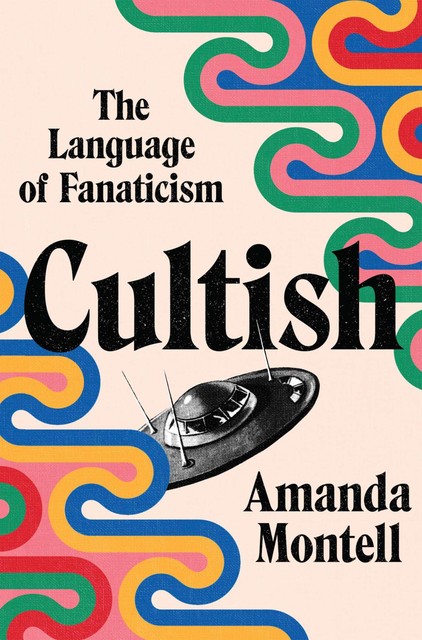
en
Čitajte pomoću naših aplikacija:
iOS
·Android
Cultish
Ova knjiga je trenutno nedostupna
287 štampanih stranica
Citati
- Thu Phamje citiraoпре 3 месецаThis comes from knowing that one’s out-of-the-box beliefs, experiences, and allegiances are less a mark of individual foolishness and more a reflection of the fact that human beings are (to their advantage and their detriment) physiologically built to be more mystical and communal than I knew.
- Thu Phamje citiraoпре 3 месецаThere’s a religious power in quotegrams that far predates social media. Our love of a pithy adage in square form is connected to the needlepointed psalms on display in religious aunts’ powder rooms. But it even goes back further than that, to—can you guess the era?—the Protestant Reformation, when there was a big shift in focus away from religious imagery (stained glass, Last Supper frescoes) and onto text.
- Thu Phamje citiraoпре 3 месецаNo “cult leader” takes advantage of our psychological drives quite like The Algorithm, which thrives on sending us down rabbit holes, so we never even come across rhetoric we don’t agree with unless we actively search for it. The way we make choices—from our clothes all the way to our spiritual and political beliefs—is a direct consequence of these uncanny digital versions of ourselves. In her book Strange Rites, Tara Isabella Burton wrote, “America is not secular but simply spiritually self-focused.” In a social media–centered society, we’ve all been rendered at once cult leader and follower.
fb2epub
Prevucite i otpustite datoteke
(ne više od 5 odjednom)

